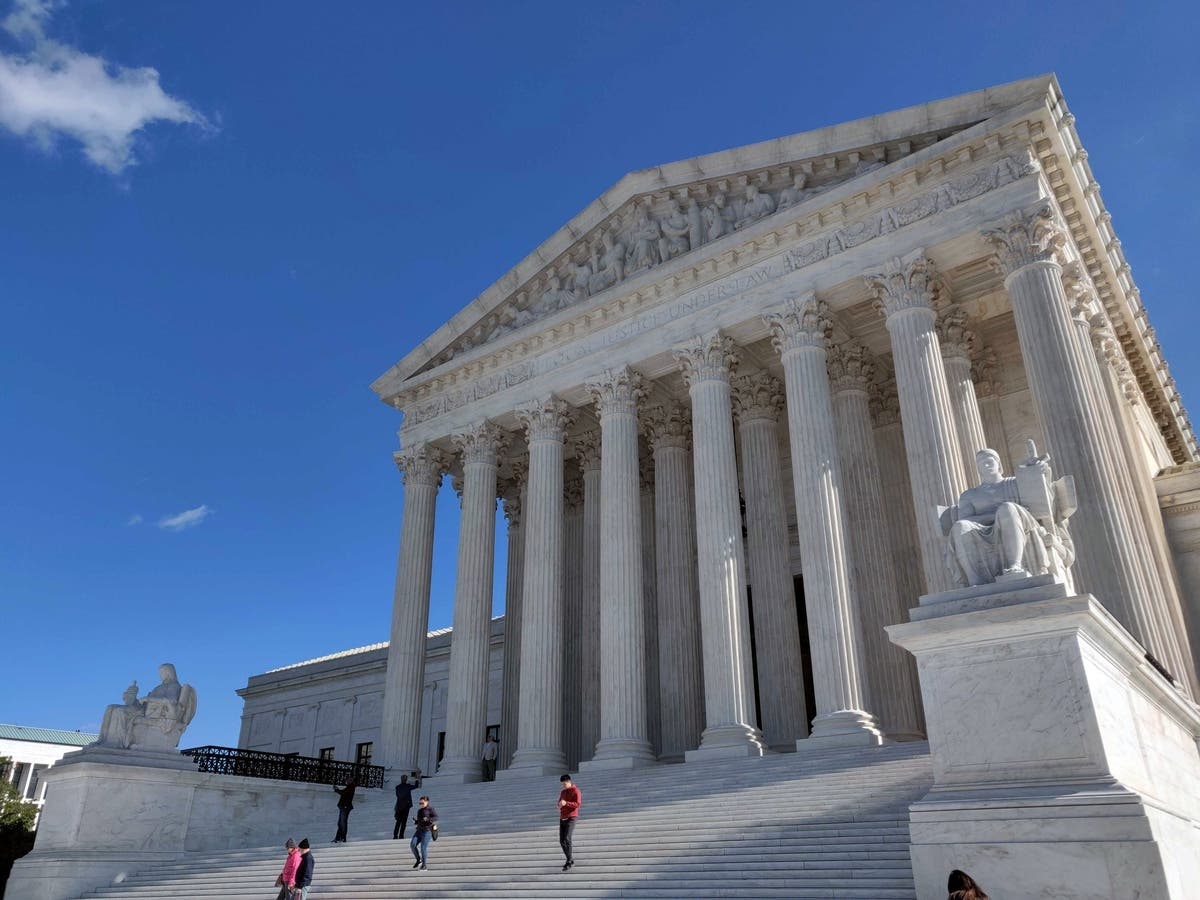Politics & Government
Roe V. Wade Overturned: What It Means For Colorado
Some states have been preparing to make it nearly impossible for a woman to get a procedure, which is set to impact Colorado.

COLORADO — The U.S. Supreme Court overturned Roe V. Wade Friday, which is set to have a big impact on Colorado and the rest of the nation.
The decision, authored by Justice Samuel Alito, was released more than a month after a draft of the opinion leaked.
"We therefore hold that the Constitution does not confer a right to abortion," Alito wrote. "Roe and Casey must be overruled, and the authority to regulate abortion must be returned to the people and their elected representatives," he added, referring to the 1992 case Planned Parenthood v. Casey.
Find out what's happening in Across Coloradowith free, real-time updates from Patch.
Colorado clinics have been preparing for an influx in the number of people from out-of state who are seeking abortions. Our state is one of only a few that do not have a mandatory waiting period — of up to 72 hours — after required abortion counseling, according to the Kaiser Family Foundation.
In April, Gov. Jared Polis signed a new bill into law that codifies a person's "fundamental right to make reproductive health-care decisions free from government interference," further protecting abortion in the state.
Find out what's happening in Across Coloradowith free, real-time updates from Patch.
"While states like Texas, Florida and Arizona are engaging in the unwelcome intrusion of government into deeply personal and religious decisions, Colorado remains a refuge where individual rights are respected and where any person has the ability to live, work, thrive, and raise a family on their own terms," Polis said in a statement released after the Colorado bill was signed.
"While this is extremely disappointing news, representing a radical shift in American life away from individual freedom, in Colorado we will continue to fight for and respect the right to make decisions about your own body and medical health."
The court’s repudiation of the landmark 1973 Roe v. Wade decision and a subsequent case on fetal liability, Planned Parenthood v. Casey, was expected. In May, Justice Samuel Alito Jr.’s majority opinion draft was leaked to Politico, setting the stage for a seismic shift in abortion rights.
At least 26 states are certain or likely to make it nearly impossible for a woman to get a procedure that was legal for her mother, grandmother or even great-grandmother, according to the Guttmacher Institute, an abortion rights research and policy group.
With the decision, abortion would be illegal or a nearly impossible procedure to get in about half of U.S. states, including large swaths of the South, Midwest and Northern Plains.
Abortion is already illegal or soon will be in 13 states with pre-existing “trigger” laws banning abortion set to take effect with the dismantling of Roe and Casey, and another four are poised to ban it, according to the Guttmacher Institute. Nine have so-called fetal heartbeat laws that make the procedure illegal before many women know they are pregnant.
Abortion rights were long considered settled law; and even as conservative states pushed at-the-time unconstitutional fetal heartbeat laws and others restricting abortion access to bring the court to this moment, many legal scholars doubted a right that generations of women and men had counted on was in serious jeopardy.
The case that made it to a full hearing before the court, Mississippi’s 15-week ban on abortion, came after former President Donald Trump appointed three conservative judges — Neil Gorsuch, Brett Kavanaugh and, a few months before his term ended, Amy Coney Barrett, who replaced liberal stalwart Ruth Bader Ginsburg, who died in September 2020.
The court heard oral arguments on the Mississippi case in December.
Lawyers for the state of Mississippi had proposed an array of mechanisms to uphold the 15-week abortion ban but said the court ultimately should overturn the "egregiously wrong" Roe and Casey rulings.
If the court "does not impose a substantial obstacle to 'a significant number of women' seeking abortions," the state argued at the time, the justices should reinterpret the "undue burden" standard established in Roe and give the state the authority to "prohibit elective abortions before viability" of the fetus.
Get more local news delivered straight to your inbox. Sign up for free Patch newsletters and alerts.